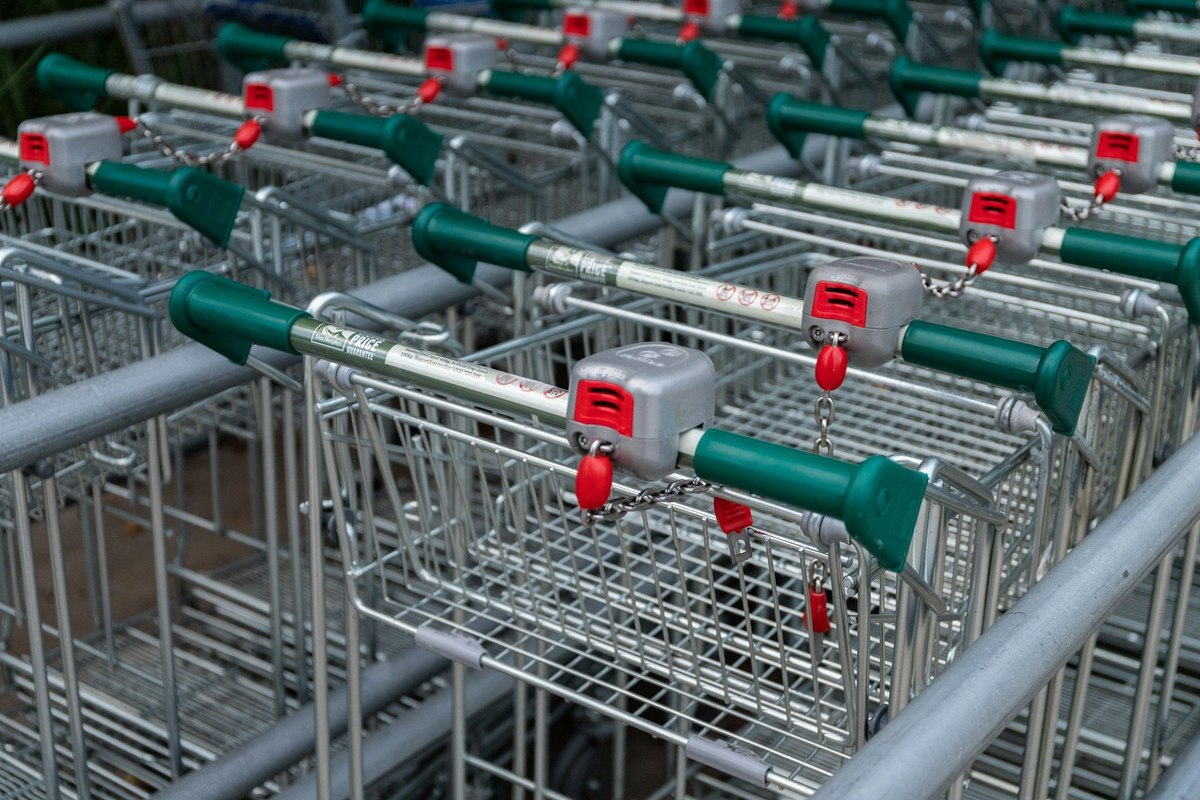
Australian Aisle Wars: The cost of investigation
Last year has been a trying year for major supermarkets in Australia as some of them have been facing price gouging allegations made in 2023. Woolworths and Coles, have borne the brunt of the allegations – with charges that the duo are effectively functioning as an oligopoly. The Australian Competition and Consumer Commission (ACCC) recently concluded the inquiry’s public hearings, and a verdict is awaited.
What do Australian shoppers look for when choosing a grocery store to begin with? According to YouGov Profiles, which covers demographic, psychographic, attitudinal and behavioral consumer metrics:
- Nearly seven in ten Australians (68%) say price is important in choosing a grocery store. At 77%, those aged 45 and over lead in saying this.
- Location is an important criterion for 62% of Australian adults. Those aged 45 and above lead here as well with 74% of them citing this option.
- Product quality comes in at spot three on the list with 53% of the general Australian population considering this factor.
With price a top consideration and cost-of-living very much a concern among Australian shoppers, how do they rate their level of satisfaction with the retail sector (of which supermarkets are a part) in general – especially since it has been well over a year since price gouging concerns first emerged? Over the last two years, there has been a decline in shoppers’ satisfaction with the retail sector, which in this case comprises of high street retail, supermarkets and liquor retailers.
According to YouGov BrandIndex, which collects the views of the public on thousands of brands daily, January 2023 saw the Satisfaction score at 16. By the time the inquiry was launched - and well after consumers expressed price-gouging concerns - the score had slipped to 14 (in January 2024). It was September 2024 when ACCC made public its intentions to take the two retailers to court. At this point, the Satisfaction score remained largely unchanged. However, it stands at 13 at the start of January 2025. This indicates a slow but steady erosion of customer satisfaction with the retail sector among Australian consumers.
More recently, the retailers in question have announced they would defend the lawsuit.
What impact have these allegations and the formal response to them had on retailers?
Consideration
‘When you are in the market next to purchase retail products, from which of the following would you consider buying?’
In the Australian supermarket landscape, Aldi is considered to be the relatively cheaper/cheapest retailer. As it stands currently, it also appears to be the beneficiary of the price war. YouGov BrandIndex data shows that Consideration for the brand has grown from 48% in January 2023 to 50% in January 2025 among the general Australian population.
In the same period, for Woolworths, the Consideration score has dropped from 66% to 56%, a 10-percentage point slump. Coles suffers a similar fate, with Consideration for it slipping from 63% to 57%.
Value
‘Which of the following retail brands do you think represents good value for money?’
For whether people are getting their money’s worth from a supermarket, Aldi hasn’t gained as much as Woolworths and Coles have lost. In a highly competitive retail market, such an advantage could well be enough for Aldi to gain more market share.
For example, in Coles’ case, its Value (net) score from January 2023 to January 2025 has plummeted from 34 to 18. In the same period, the score for Woolworths dropped from 35 to 13. In comparison, Aldi’s Value score has inched up from 43 to 45.
Favours won; favours lost
Currently, uncertainty prevails over which retailer/s will walk off with the ‘prize’ i.e, the patronage of the Australian shopper. While we will have to wait to see how it unfolds, we can look at data from the recent past to learn how shopper behaviour is changing.
For this, we look at the behaviour of Frequent Shoppers i.e, Australian adults who say their purchase frequency from supermarkets ranges between once a week to six times a week or more.
YouGov BrandIndex data reveals that Woolworths has suffered the most at the hands of Frequent Shoppers as far as Purchase Intent is concerned. This metric is a reflection of the brands from which shoppers would be most likely to purchase, and delivered as a percentage.
Aldi has had a good run with its Purchase Intent score rising from 16 in January 2023 to 21 at the start of January 2025 and even peaking at 24 in August 2024. Woolworths is looking at a nine-percentage point drop, having slipped from 39 to 30 in the same period. Interestingly, Coles’ score hasn’t been hit as severely.
“Our data highlights a significant shift in consumer sentiment following the ACCC’s inquiry. The ongoing scrutiny has had a tangible impact on the brand health of major retailers. With price being a priority for Australians when choosing a grocery store, we can expect continued shifts in loyalty as shoppers seek better prices and service in an increasingly challenging economic environment,” Laura Robbie, CEO of APAC at YouGov.